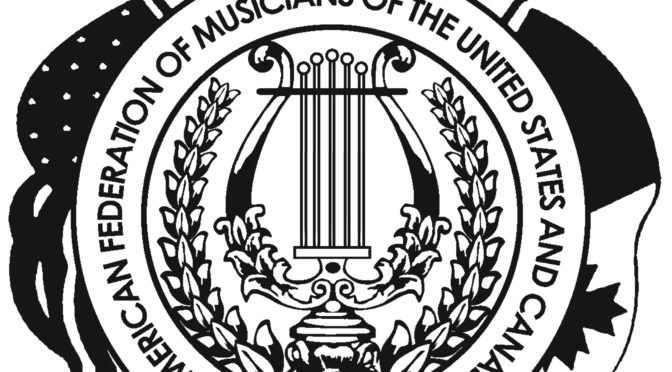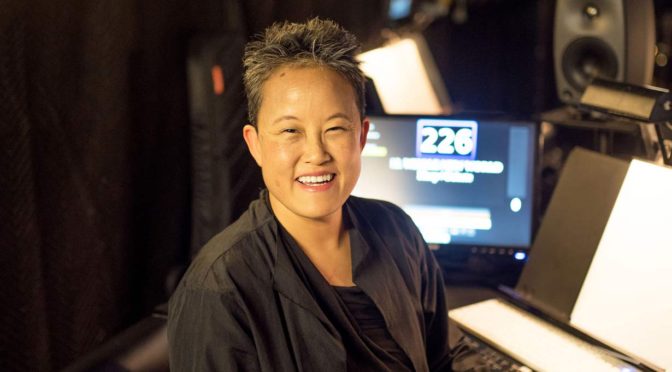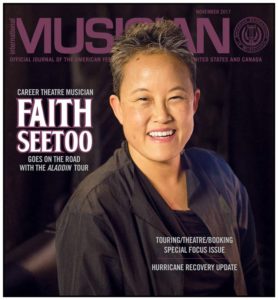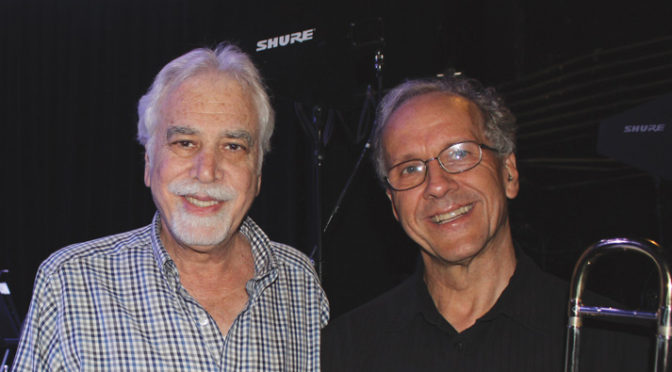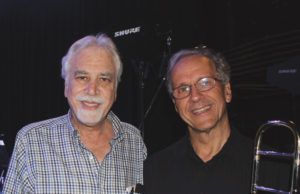by Ray Hair, AFM International President
I am pleased to report that the Federation has completed negotiations with the Broadway League and Disney Theatrical Productions for an extension to the Pamphlet B Touring Theatrical Musicals and Short Engagement Touring (SET) Agreements and for a comprehensive Health and Safety Manual (“Safety Manual”) applicable to all musicians performing under those agreements. The predecessor Pamphlet B and SET agreements expired of their own terms on March 15, 2020, just as the COVID-19 pandemic erupted worldwide, effectively shutting down the entire live entertainment industry, including 23 touring Pamphlet B and SET productions.
League producers restarted touring musical productions in Dallas on August 3 with Wicked. Touring productions of Hamilton resumed soon thereafter in Atlanta and San Francisco. Additional Broadway tours are scheduled to either open or resume touring itineraries in the fall, with bookings set through 2022.
The extension agreement applies and extends all terms of the expired predecessor Pamphlet B and SET agreements. It was concluded as a prelude to more difficult and comprehensive negotiations over the Safety Manual, which contains protocols necessary to minimize the risk of the virus and deal with the prevention of COVID-19 while on tour. The Federation and the League have agreed that the prevalence and incidence of COVID-19 and efforts to prevent and transmit it will be continually assessed for adequacy based on the changing nature of COVID-19 and its variants. You can view the Safety Manual in its entirety at www.afm.org.
The Federation and the League also recognize that the Safety Manual may require adjustments to protocols based on new knowledge about the virus. If changes are necessary, they may occur with prior notice and negotiations between the League and the Federation, and if needed, on an individual show or location basis.
Several key improvements were eventually achieved (over provisions the League initially proposed) for musicians working on the road:
- Portable HEPA air filtration is required in the orchestra pit.
- Additional compensation is required for any mandated health and safety training or education.
- A stipend of $250 is required if a musician must travel away from home to undergo a COVID test on a day when not working for a producer.
- If a musician is required to quarantine, all hotel expenses, reasonable food delivery expenses, and per diem will be paid by the producer.
- If the tour moves to the next location before quarantine is concluded, the musician will be reimbursed for ground transportation to/from the plane/automobile transporting musician to next tour location.
- Musicians will receive up to eight extra sick days for quarantine or isolation related to COVID.
The League, its bargaining partners, and producers proposed, and the Federation subsequently agreed, that all members of any touring company (including musicians) are required to be “fully vaccinated.” Fully vaccinated means the employee received an FDA authorized or WHO authorized vaccine, and more than 14 days have elapsed following the final dose of the vaccine. Proof of vaccination must be provided no later than the first rehearsal of a production.
Members of a tour who cannot receive a COVID-19 vaccination because of a qualifying disability or a sincerely held religious belief must contact the employer to request an accommodation.
We believe the extension and Safety Manual are affirmatively good results, extending the expired provisions of the Pamphlet B and Short Engagement Theatrical Tours Agreement and implementing achievable protocols and guidelines for musicians’ care and protection via the manual. All of this was gained without sacrificing economic benefits and working conditions bargained over the Federation’s long history of negotiations with the League, its bargaining partners, and producers.
We owe a huge debt of thanks to AFM Touring, Theater, and Booking Division Director Tino Gagliardi and Associate Director George Fiddler for their unparalleled industry experience, focused advice, and superb ability to keep touring musicians’ issues at hand and in mind during these negotiations. Similarly, the contributions provided by Theater Musicians Association President Tony D’Amico, together with superb rank-and-file representation from players Elaine Davidson of Local 72-147 (Dallas-Ft. Worth) and Susan French of Local 802 (New York City), both veterans of decades of roadwork, kept our negotiating team focused on the real needs and lives of musicians performing with the shows.
Thanks are also due for the hard work, dedication, and perseverance of the entire negotiating team, including AFM International Vice President Bruce Fife, AFM Vice President from Canada Alan Willaert, AFM Secretary-Treasurer Jay Blumenthal, Local 9-535 (Boston, MA) President Pat Hollenbeck and Secretary-Treasurer Mark Pinto, AFM IEB Member and Local 10-208 (Chicago, IL) President Terry Jares, Local 6 (San Francisco, CA) President Kale Cummings, Local 47 (Los Angeles, CA) President Stefanie O’Keefe and Vice President Rick Baptist, Local 72-147 President Stewart Williams, AFM IEB Member and Local 161-710 (Washington, DC) President Ed Malaga, and Local 2-197 (St. Louis, MO) Secretary Vicki Smolik. Finally, I wish to thank Federation Counsel Russ Naymark and Jennifer Garner for their legal expertise, insight, and assistance at all stages of negotiations.



